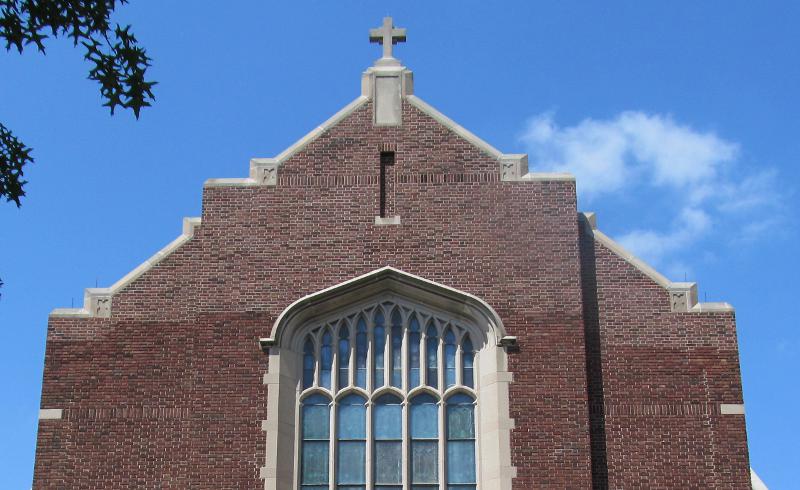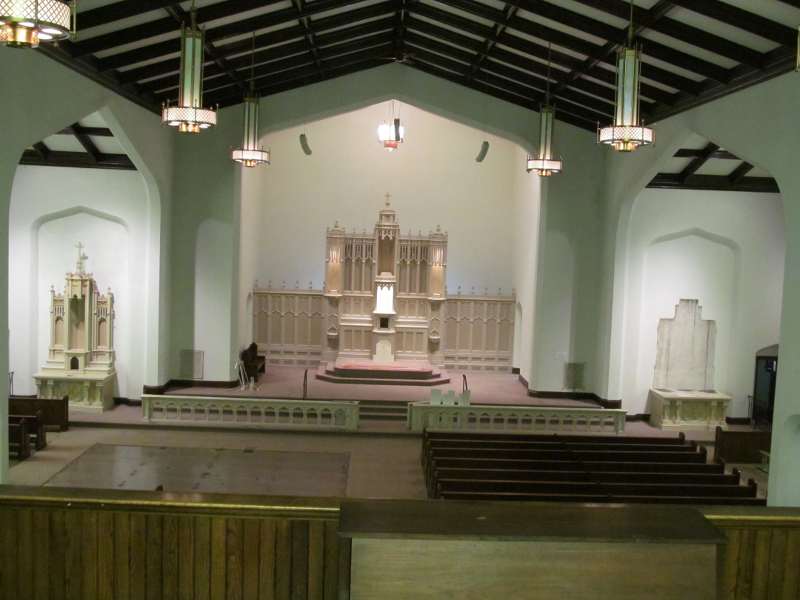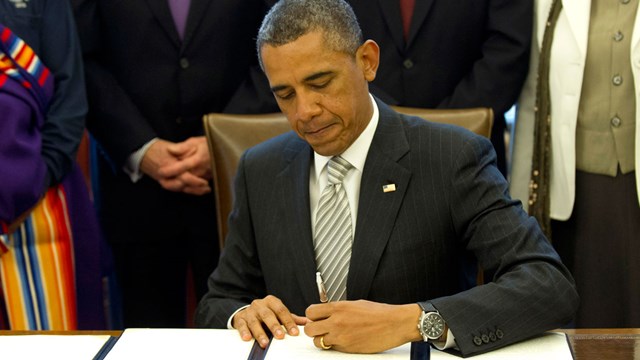An essential part of the gospel is that it is catholic—that is, the Good News is given to all people. And the church the Holy Spirit creates is catholic.Putting the matter like this may make some Christians squirm. Many
Protestants affirm, either weekly or semi-regularly, the Nicene Creed,
proclaiming, "We believe in one, holy, catholic, and apostolic church,"
but many balk at that word, catholic.
So says one Mark Dever in Christianity Today. You can read him in his own words (at least if you subscribe). But what he also says that negates what he is trying to affirm is that denominational differences based upon doctrine agitate against the catholicity of the faith. That is the oft cited position of many -- on both sides of the liberal and conservative divide. It is certainly the position of the media. But is it correct?
Catholicity, if it means anything, means not the diminishing of doctrine and practice but taking very seriously what is believed, confessed, and taught and how it is lived out within the church. It is not that catholicity is some commodity of commonality which different groups share in bits and pieces but that it is a strong and ordered catholicity of the faith, whole and undefiled, except which no one can or will be saved.
Matthew Block put it succinctly: Belief in the invisible Church does not, however, mean that
denominational affiliation is unimportant—and it’s here that I take
exception to Dever’s article. “Since we all profess the same faith in
the same Lord, the denominational lines that distinguish us from other
Christians should never mark an ultimate separation,” he writes.
“Insofar as denominations do not breed an uncharitable and divisive
spirit, and allow Christians to work for the kingdom, they can be
helpful. But what unites us as Christians must always be valued more
highly than the things that distinguish us.”
Catholicity is not devaluing where we disagree and emphasizing where we do (this is called reconciled diversity). Catholicity is the striving at all times and in all places to confess the fullness of the one, true, catholic and apostolic faith and never content with a bare minimal confession. Catholicity is never minimalistic but is always a fullness -- a fullness sought out and a fullness expressed. Scripture is the norm of all doctrine and life but Scripture is not so muddled as to preclude any agreement or catholicity except in the barest of forms and the most minimalistic of expressions. This is not only an affront to catholicity but its betrayal -- and so often it comes at the hands of those determined to protect catholicity and promote it.
Again, Matthew Block: Denominations which reject such catholic teaching therefore, in essence, reject part of what it means to be catholic. Any church determined to be catholic up to a point is not catholic at all. While in Mr. Dever's case he is speaking from the Baptist perspective, these words ought to be carefully mulled over by those who most presume to be catholic -- Confessional Lutherans. When Lutherans say that agreement in the Gospel and its articles is sufficient for fellowship and unity among Christians on earth, we are not suggesting that Christianity can be boiled down to a set of minimums or that catholicity can be approached bite by bite in part. No, catholicity can only mean that we endeavor the fullness and will never be content with bits and pieces. Where people of different denominations begin with this endeavor, there will be fruitful conversation. But where people begin with the choice to be only partially or even mostly catholic or where they end with the belief that a little unity makes up for a diversity of contradictory confessions, there is an ecumenical ride to nowhere God wants to go.





















